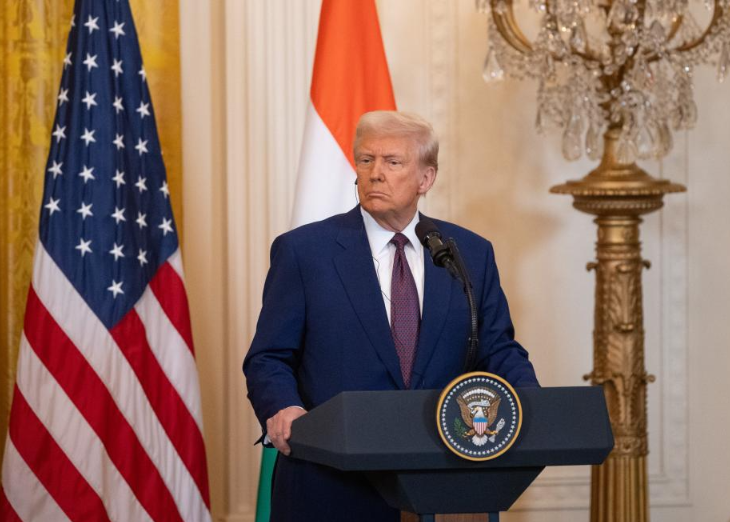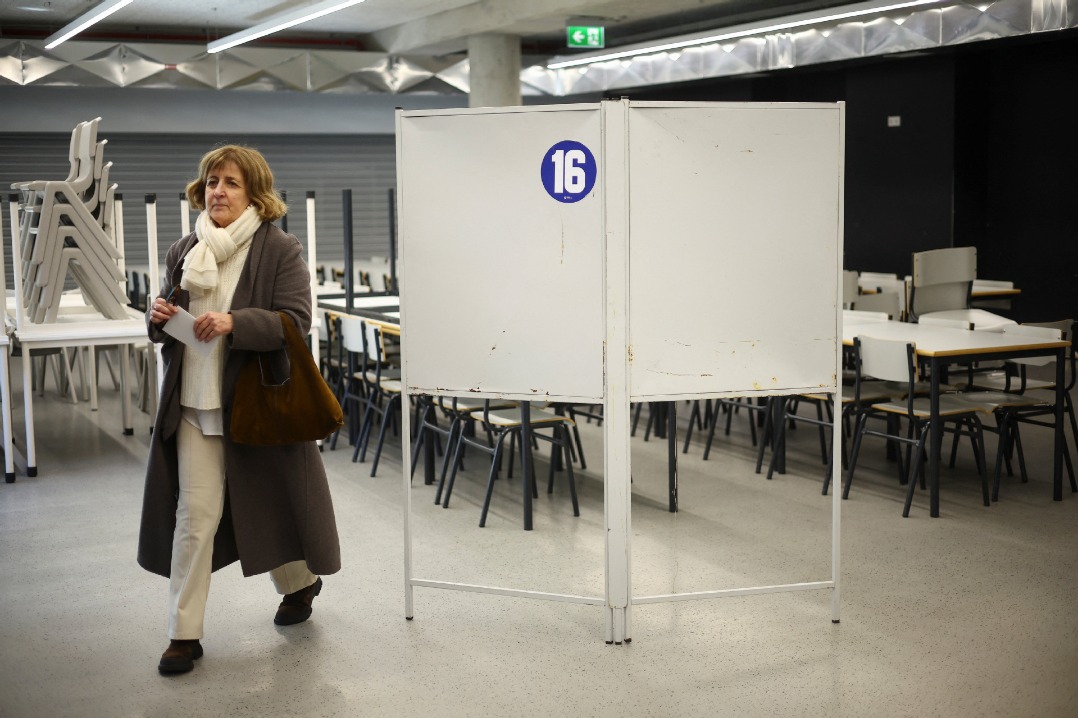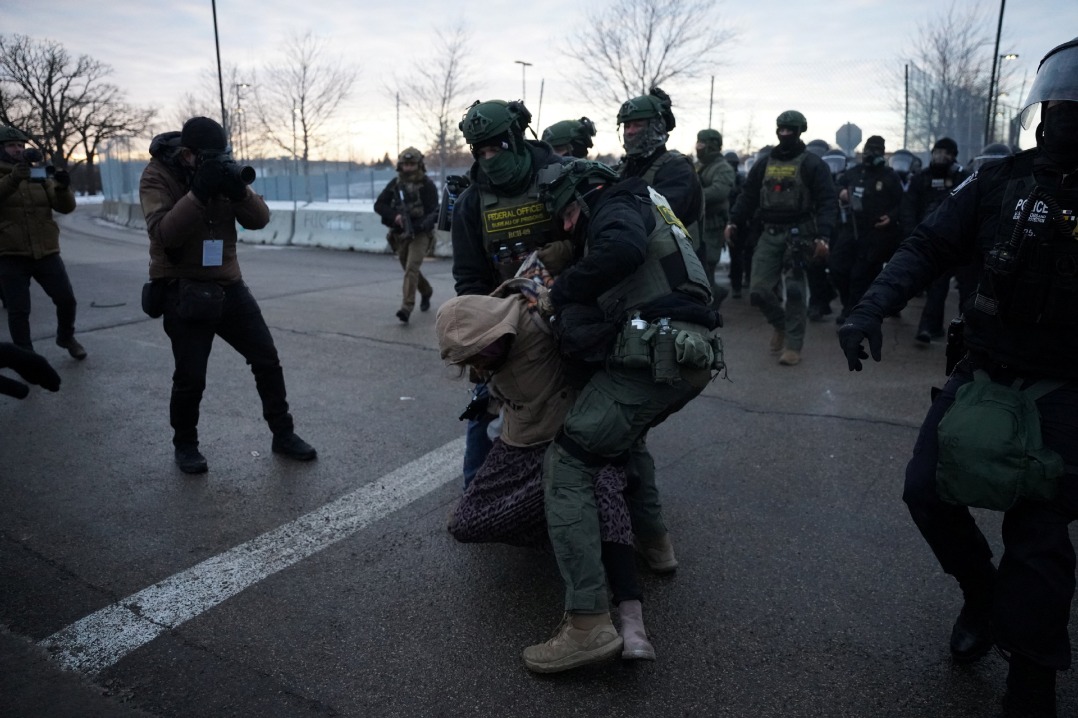Economists, Nobel laureates call Trump tariffs 'misguided'


Dozens of leading economists, including two Nobel laureates, have signed a public declaration warning that US President Donald Trump's escalating use of tariffs risks triggering a "self-inflicted recession" and undermining the constitutional balance of power in the United States.
The declaration, titled "Trade and Tariffs Declaration: A Statement on the Principles of American Prosperity", which had gathered more than 1,300 signatures as of Monday afternoon, warns that the administration's so-called "reciprocal" tariffs, announced on April 2 and now affecting goods from more than 180 countries and regions, are calculated using "an erroneous and improvised formula with no basis in economic reality".
"The current administration's tariffs are motivated by a mistaken understanding of the economic conditions faced by ordinary Americans," the letter reads. "We anticipate that American workers will incur the brunt of these misguided policies in the form of increased prices and the risk of economic contraction."
Among the signatories are Nobel laureates James Heckman and Vernon Smith, former US senator and economist Phil Gramm, and Harvard professor N Gregory Mankiw, who served as Chair of the Council of Economic Advisers under President George W. Bush.
The economists emphasize that trade deficits, often used by the Trump administration to justify tariffs, are widely misunderstood.
"Contrary to widespread fears, US trade deficits are not evidence of US economic decline or of unfair trade practices abroad," the statement asserts. "Nor do these 'deficits' inflict damage on the US economy. Quite the opposite is true.
"US trade deficits reflect global investors' high confidence in the US economy. And these investments, in turn, further strengthen the productive economy — and demand for the US dollar," the letter said.
Constitutional concerns were raised over the way these tariffs were enacted.
"The 'Power to lay and collect Taxes, Duties, Imposts and Excises' was constitutionally reserved to Congress as the direct and explicit representatives of the people," the statement reads. "The April 2 tariffs have been imposed without that body's consent, and without any intelligible guiding principle."
According to the declaration, the administration's use of emergency authority amounts to "unilateral executive decrees" justified by "improvised claims of emergency under a statute that does not even contemplate authorizing tariffs".
"This seizure of power is unconstitutional," the economists warned.
On April 2, Trump declared a symbolic "Liberation Day," unveiling sweeping new tariffs on US trading partners in what he described as a decisive step toward reducing the trade deficit and reviving domestic manufacturing.
While the administration argues that such protectionist policies are necessary for American economic revival, economists counter that they will instead "invert the principles of liberty" that have long supported US prosperity.
Meanwhile, a bipartisan group of lawmakers is pushing back. Seven Republican members of Congress have co-sponsored legislation that would require the removal of any presidential tariffs within 60 days unless explicitly approved by the legislative branch.
Financial markets have responded with volatility, with major US indices hitting new lows in recent weeks. The Dow Jones Industrial Average fell 970 points on Monday.
As of Monday, the White House had not issued an official response to the economists' open letter.
Beyond the academic and legislative response, the broader US public also has mobilized. Over the weekend, coordinated protests swept the country under the banner of the "50501" movement — symbolizing 50 protests in 50 states, united under one cause.
In Los Angeles, even in traditionally conservative Orange County, California, hundreds gathered with placards reading: "Trump: Your tariff war screwed the economy!" and "No Kings! Hands off our Constitution!"
"I'm here standing up for the rule of law," said Aaron, a schoolteacher and protest participant. "We teach our students about checks and balances. Now we need to defend them."
Earlier this month, the United States raised the base tariff on Chinese imports to 145 percent, prompting Beijing to introduce reciprocal tariffs on a wide array of US goods.
China's Ministry of Commerce has expressed support for resolving trade disputes with the United States through dialogue and consultation. However, it cautioned that China would take "necessary and proportional countermeasures" should any agreements be reached that compromise its legitimate interests.
Agencies contributed to this story.
renali@chinadailyusa.com

































